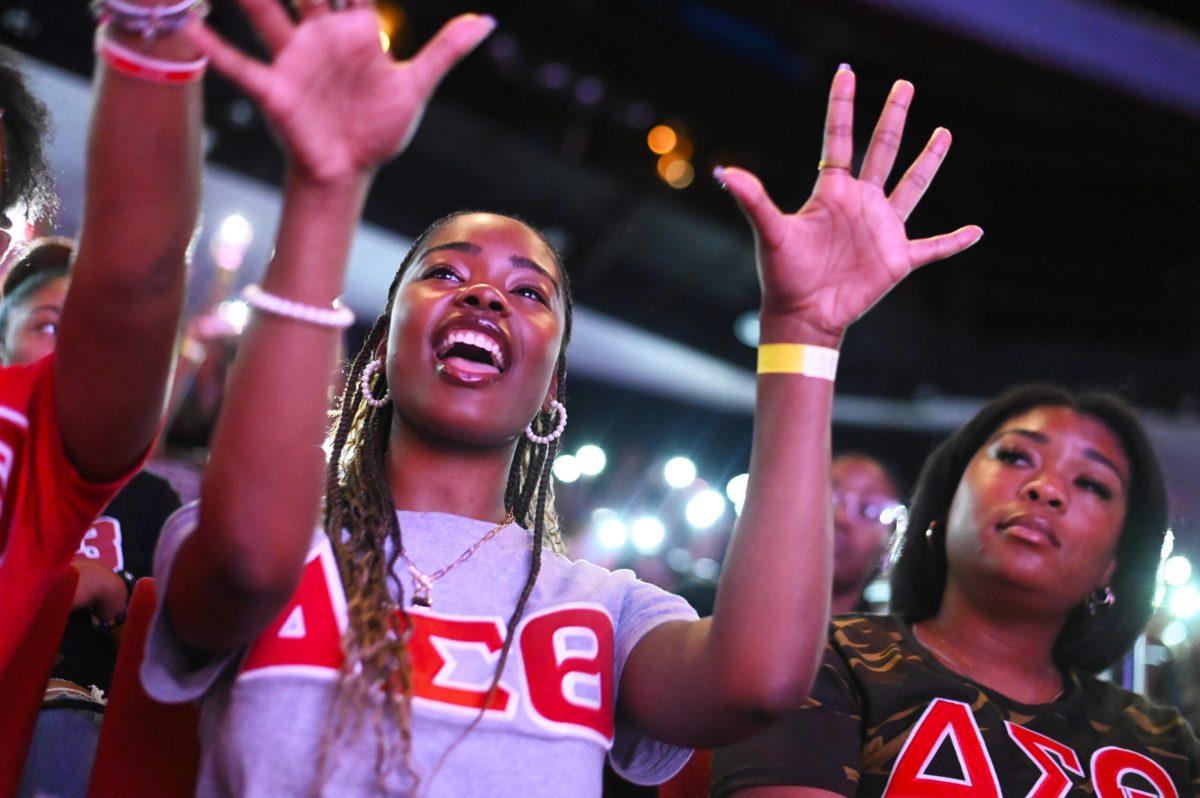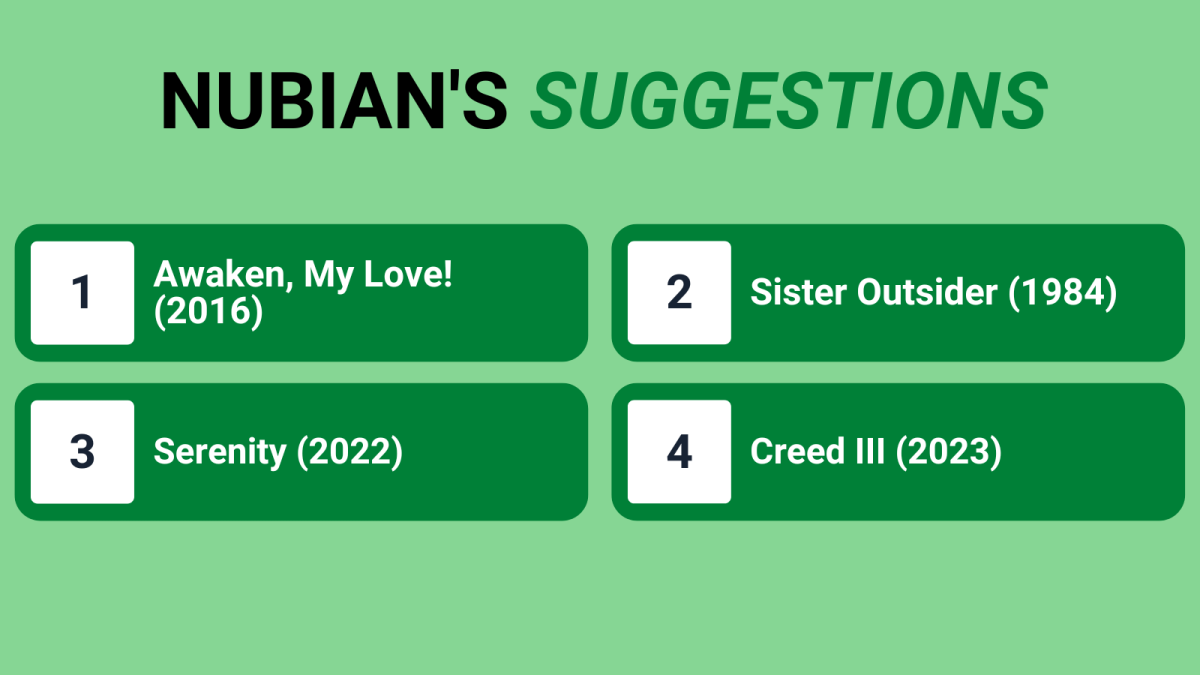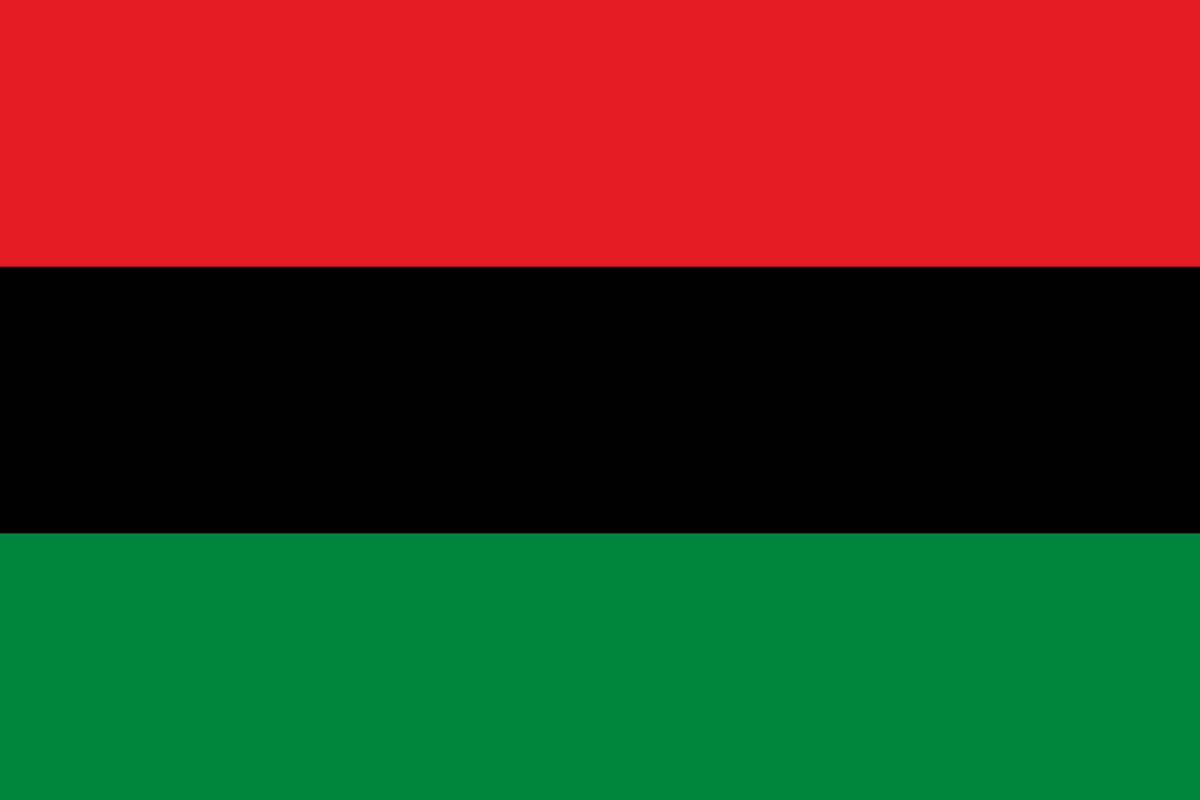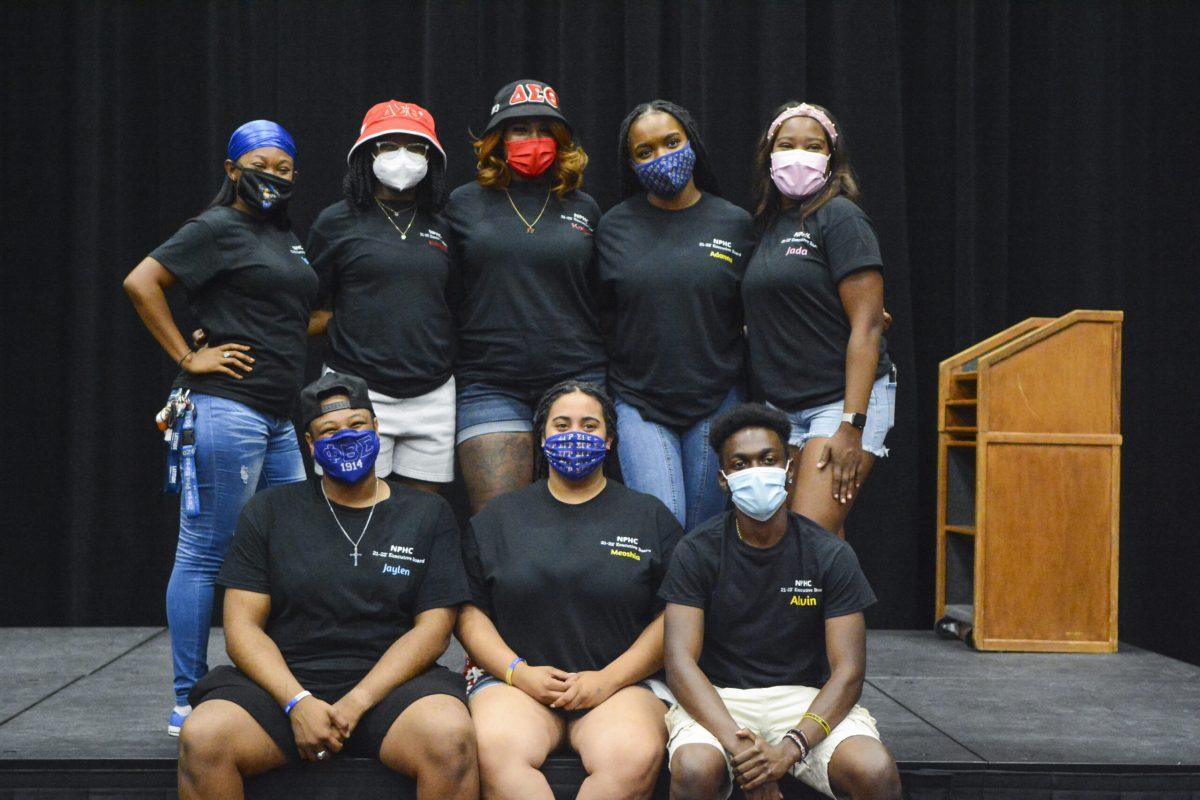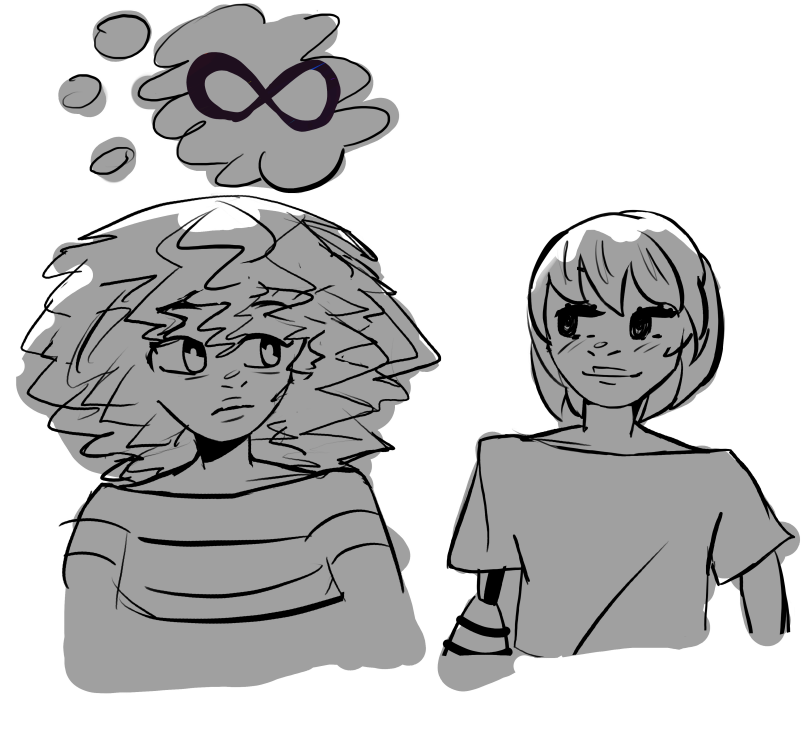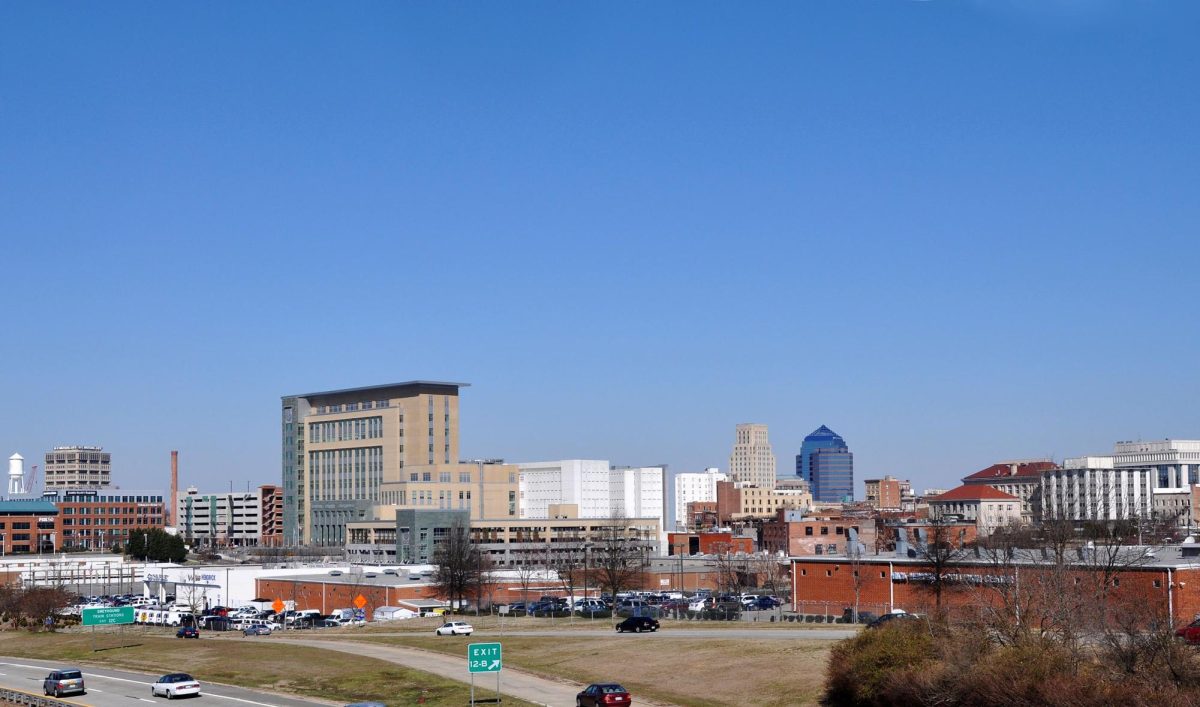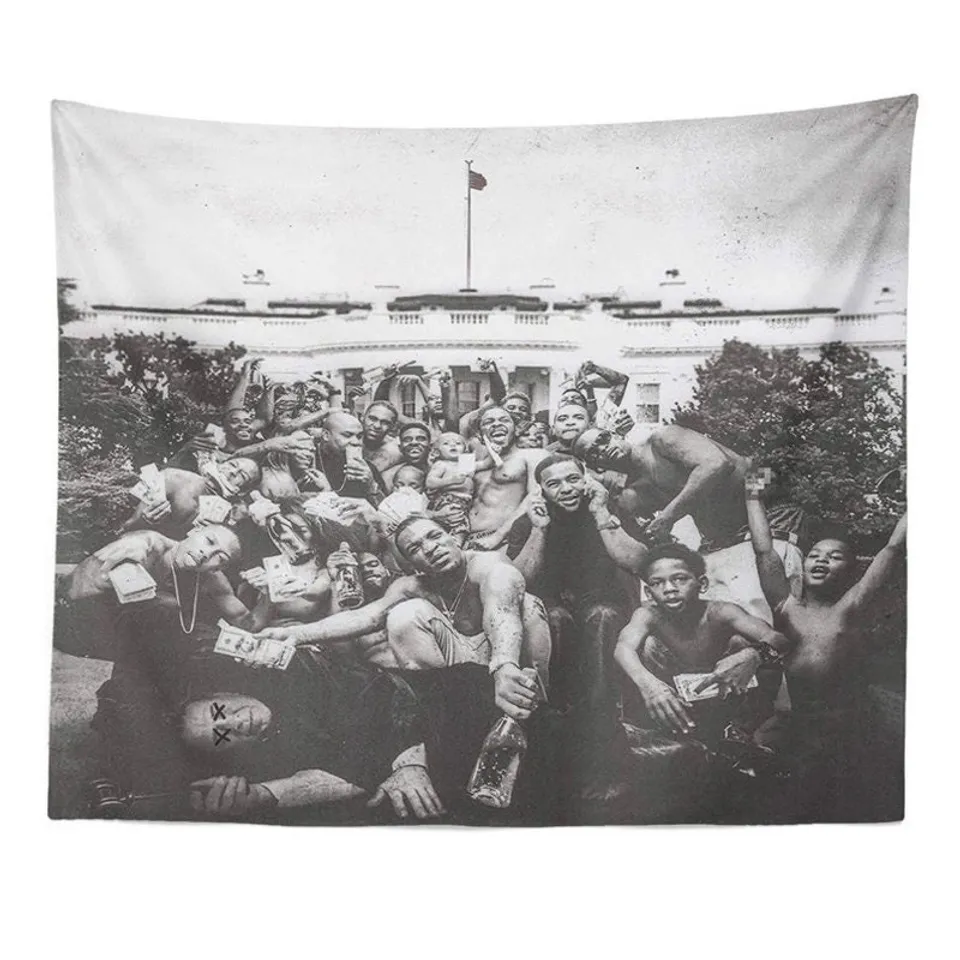Dr. Kwesi Brookins
Welcome or welcome back to NC State University. We trust you found respite and rejuvenation this summer. Did you take advantage of opportunities to do things beyond your educational life? Perhaps you became active in civic or political causes or gained a greater understanding of the forces that shape our lives? We hope so. Those of us connected to Africana Studies have learned a lot these past few months from conversations with each other, students and those beyond the campus walls. We understand that many are struggling to understand and find ways to have positive impacts on the seeming madness affecting our communities and nation, particularly for people of color. We also understand that little of this is new.
If you’ve ever taken a class with me you know I’m always reflecting on books. A recent one was the 2014 book by Ta-Nehisi Coates, “Between the World and Me.” Written as a letter to his son in the wake of several public acts of violence against Black men, it is a personal testimony and polemic that seeks to explain how we arrived at this point in our nation. It provides a critical context to why, from almost the beginning of our time here in America, Black lives have not and continue to not matter for too many. It fits squarely in the tradition of the many Black thinkers and doers who have also exposed injustice. It also captures much of what we do as Africana Studies teachers, scholars and mentors.
But it is not enough to just point out the problems. Indeed, the doing part is always the most difficult. But of course, that is why your engineering, biological sciences, textiles, Spanish, or whatever major you may be pursuing matters. If you do not leave this university broadly prepared to make a positive impact on our world, particularly on those issues that involve race, caste and class, then we as an institution have not done our job. And if you’re wondering what your degree has to do with these issues? Let us show you.
So, have you taken a course covering the lives of people of African descent in America or the African Diaspora? Do you plan to? Although it was not always the case, the numbers of African American students in our classes is now too small a percentage of those enrolled at NC State. And for other students, it is often the case that our courses are only taken to fulfill a general education requirement. This does not have to be the case. The state of the world–the state of the Black world–demands that you take advantage of a privilege three-quarters of the college-aged population in the United States does not have: access to an intellectually-rigorous and globally-focused education on the Black experience. We want and need to see as many of you in our classes as possible, along with your peers, across the racial and cultural spectrum. The destinies of all who pass through this university are intertwined. The degree to which we as a society make real the integrity and well-being of Black lives will enhance the lives of all.
So that is why Africana Studies is here. For more than 40 years, the culture, knowledge, spirit, struggle and love embodied within the Black experience has been a bridge for students between this temporary world of college life and the world they will be needed to positively impact. So we welcome you to our classes, offices and programs. While the world awaits your full arrival, we will work to ensure you are properly prepared.
Dr. Kwesi Brookins
Director, Interdisciplinary Degree Programs
Coordinator, Africana Studies Program

